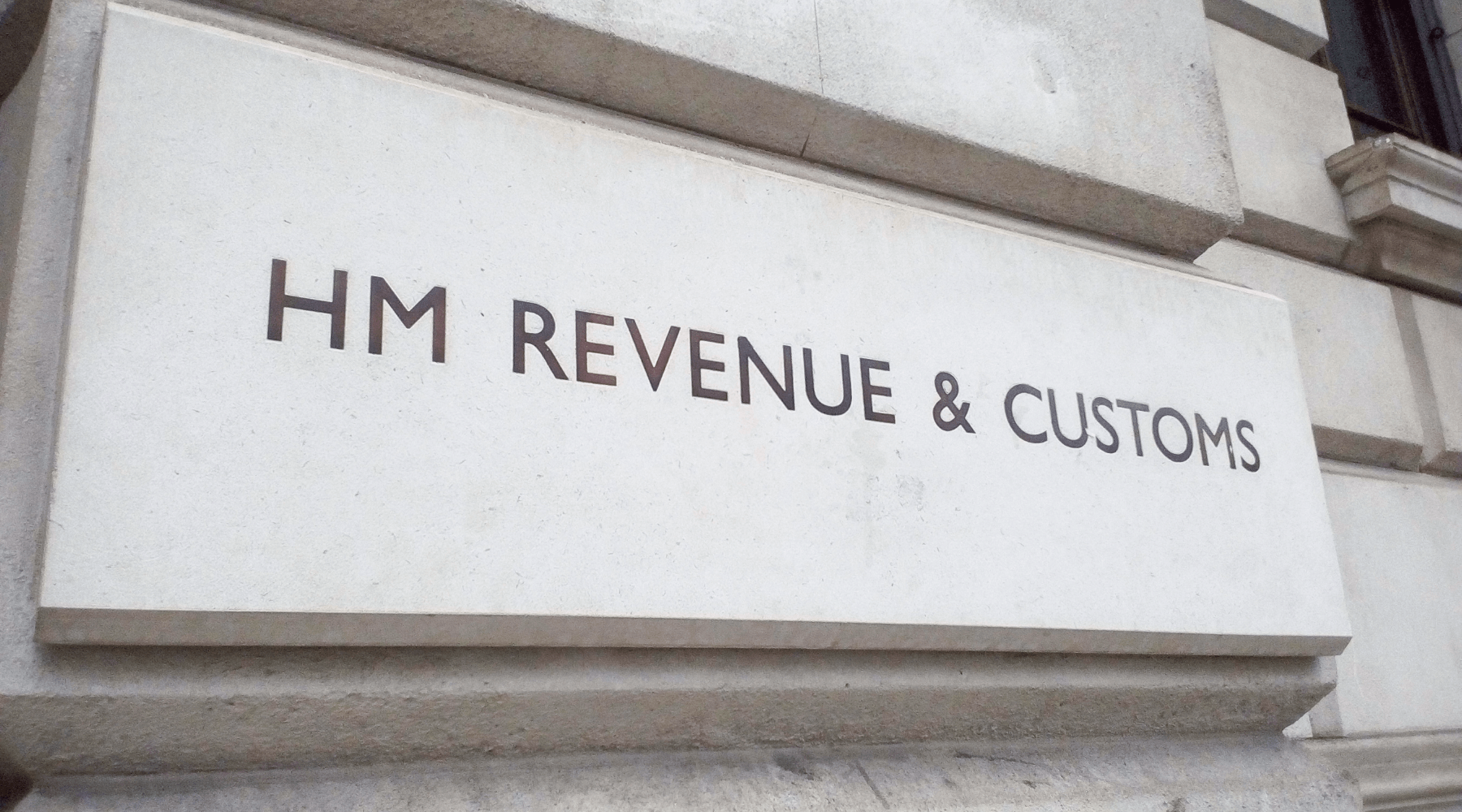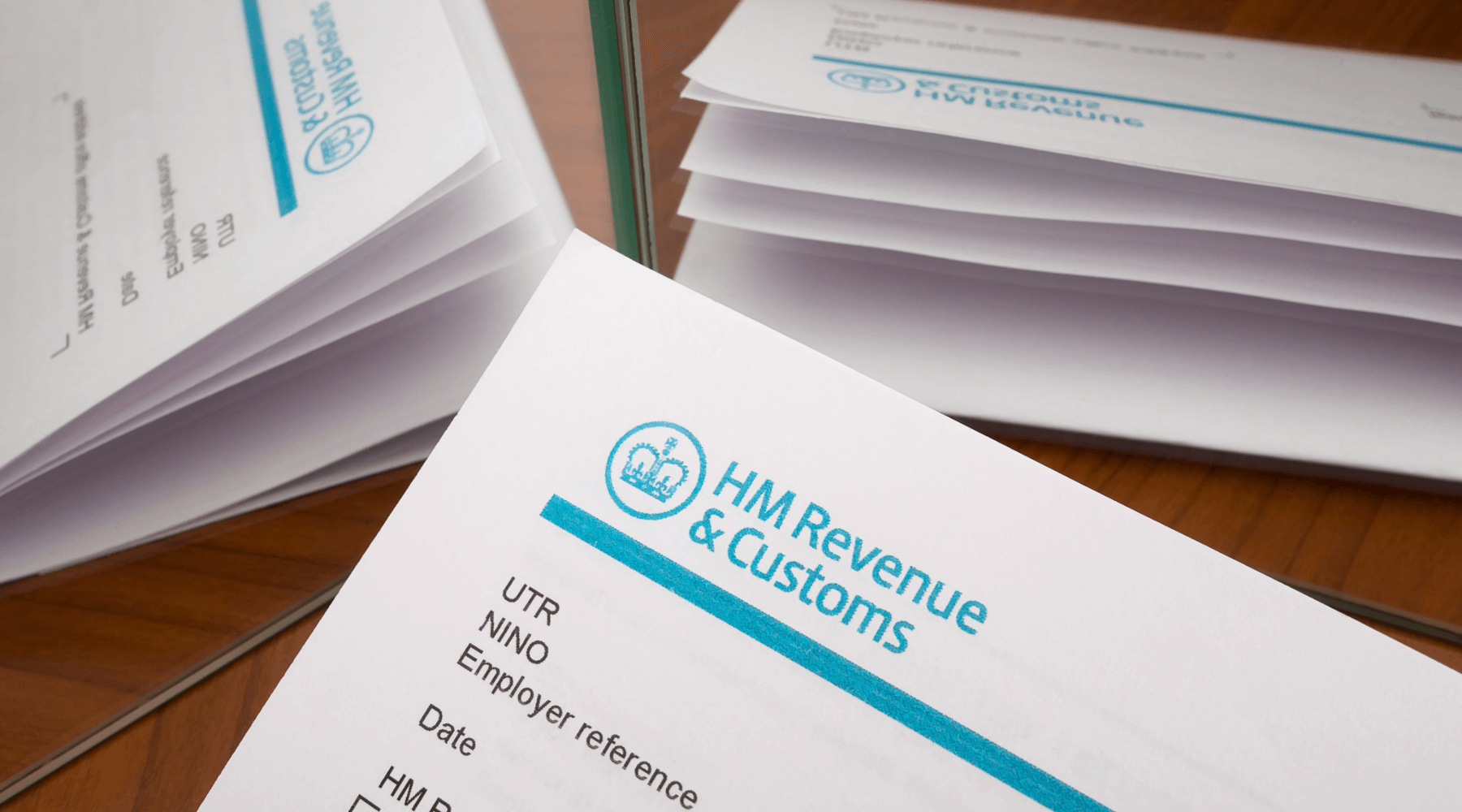Corporation Tax in the UK: A Comprehensive Overview
Posted by Emily on 19th Oct 2024 Reading Time:
Corporation tax is charged on the profits of companies and other organisations operating in the UK. It’s paid annually based on a company’s taxable income, which includes earnings from trade, investments, and even capital gains. Corporation tax differs from personal income tax and applies only to businesses, not individuals.
The current tax rate for most UK companies is 19%, but this isn’t a one-size-fits-all rule. For example, oil and gas companies operating in the North Sea may face higher rates. Moreover, changes in tax legislation are frequent, with the government adjusting the rate periodically, meaning businesses need to stay informed to understand their obligations fully.

What Profits Are Taxed?
Corporation tax applies to several types of income:
- Trading profits, which include earnings from selling goods or services.
- Investment income, such as dividends and interest from savings.
- Capital gains, which arise from selling business assets at a profit.
- Deductions and allowances can significantly lower the taxable amount. Businesses are encouraged to track all operational expenses, as they can offset some of these costs against their tax liability.
Capital Allowances and Tax Reliefs
Companies can reduce their taxable profits by claiming capital allowances. This covers investments in machinery, vehicles, computers, and even research and development (R&D) projects. These allowances allow businesses to deduct a portion of their investment costs each year.
For companies heavily involved in R&D, the government provides additional tax relief. Eligible businesses can claim enhanced deductions for their qualifying expenses, which reduces the amount of profit subject to tax.

Why Corporation Tax Matters to UK Businesses
Corporation tax plays a significant role in business decisions, particularly in areas like investment, expansion, and profit management. Companies that don’t account for corporation tax effectively can face financial difficulties, especially as the profit threshold for higher rates changes.
Planning around corporation tax is essential, and businesses should regularly consult tax advisers to ensure they maximise their allowances and reliefs. With proper planning, businesses can optimise their operations and reduce the amount they pay while remaining compliant.

